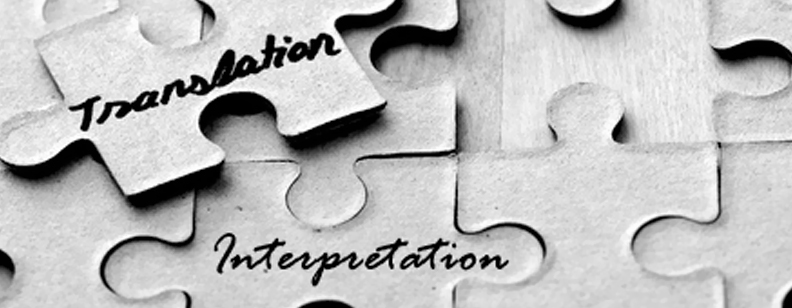To many language majors, it seems that the only difference between translation and interpretation is in the medium: interpreters translate orally, while translators do their job in written forms.
However, they are different many aspects. First and foremost, they need different skills. The key skill of an excellent translator is the ability to writing well and to expresses themselves clearly in the target language.
Of course, they can be not fluent speakers of the language of the original text. Their successful performance is based on the ability to understand the source language well and the culture of original language.
They need huge accumulation by rendering a good library of dictionaries and reference materials into the target language.
One of the key skills of an qualified interpreter, on the other hand, is the decisiveness. It is clear that there is no time to weigh and think how to translate literally.
And any delay can cause the loss of a few words that the speaker said, so interpreter must be attentive and effective. Equally importantly, to memorize the contents, they should posses the key skills of note-taking.
That’s because during the interpretation an interpreter should change the words by speakers into meaning, and then express it in another language by substantially paraphrasing.
Second, interpretation requires reasonably accuracy, fluency, articulacy, completeness and timing. So a qualified interpreter needs to have such good personalities like confidence, sensibility and proficiency. Interpretation is a complex thinking process and interpreter works under high tension.
That’s because the correspondence between the two languages are not reflected in the surface structure, but reflects the deep meaning lies. Interpretation process is actually a “listening and understanding → Memory → expression” extremely short and extremely complex process.
So what about translation requirement? Translation also needs accuracy, fluency, articulacy, completeness. but translator don’t need to work under such high pressure or in such a hurry. A good translator should be patient, serious, knowledgeable and responsible, for translation is a logical and accurate job.
Last but not least, they also differ in the translation criterion. The criterion of translating is faithfulness, accuracy and elegance, while the standard of interpreting is faithfulness,fluency and fast. That’s decided by the different occasions and time limit.
Generally speaking, both translation and interpretation are extremely challenging job and need high quality personnel, but they differ in skills, personalities, working place and translation ways and standards.
Read Also: Employment Prospects and Directions of Translation Major in 2014



